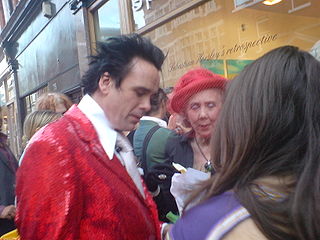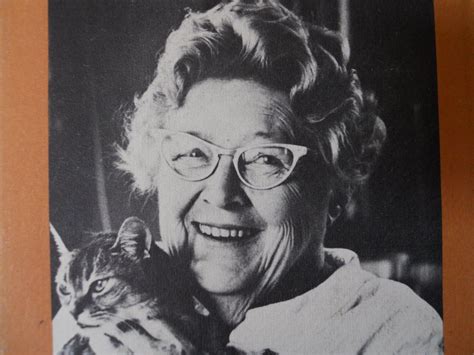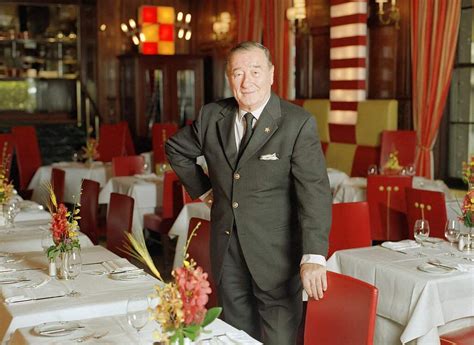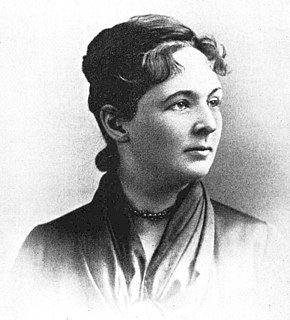A Quote by Richard Dawkins
My untidy habits drive me to follow the slash-and-burn principle. Work on a virgin table until the mess becomes unbearable, then move on to a clean table in a clean room - or, on a beautiful summer day like this, one of the five tables dotted around the garden. Trash that table and move on again.
Related Quotes
We separated like oil and water. In the cafeteria, you'd see a table of black jocks, table of white jocks, table of rich white kids, table of Hispanic kids, table of Chinese kids, table of druggies, table of chatterboxes, and so on. Wait! There's a diverse table over there! With a few kids of different tenacities and economic status! Oh, that's the nerds. That's where I sat. We weren't cool enough for the other tables, so we didn't discriminate against anybody.
I have this table in my new house. They put this table in without asking. It was some weird nouveau riche marble table, and I hated it. But it was literally so heavy that it took a crane to move it. We would try to set up different things around it, but it never really worked. I realized that table was my ego. No matter what you put around it, under it, no matter who photographed it, the douchebaggery would always come through.
My husband is Dutch, and his family, when you sat down to eat food at the table, you never left the table until you ate living bread and drank living water. They never left the table until they'd read Scripture together. So morning, lunch, suppertime, Scripture was always read at the table, and then there was prayer to close.
But housekeeping is fun. It is one job where you enjoy the results right along as you work. You may work all day washing and ironing, but at night you have the delicious feeling of sunny clean sheets and airy pillows to lie on. If you clean, you sit down at nightfall with the house shining and faintly smelling of wax, all yours to enjoy right then and there. And if you cook—that creation you lift from the oven goes right to the table.
Messy stuff irritates me. I don't like messiness. If you leave something around my house, I'll tell you to move it back, clean it up, throw it in the trash - don't matter, just get rid of it. I need stuff neat, organized. And once I start cleaning stuff, I don't stop until it's done. Otherwise I'm irritated all day.
In a typical day, I would wake up about 8 A.M., pile all my stuff into my mom's minivan - my guitar, my amp, CDs to sell, a table and a rug - drive it down to the street, and unload it all. I'd wait until about 12, then play for two hours. You could only play in two-hour intervals, so then I would move it all somewhere else.
There's something I call 'Moving Day,' which I've done for the last 20 years. Look at everything in your home, then think about how you could combine things in a different way. Maybe you break up your night tables and use one in the family room; maybe the dining room sideboard becomes a console table for your television, with storage underneath.





































